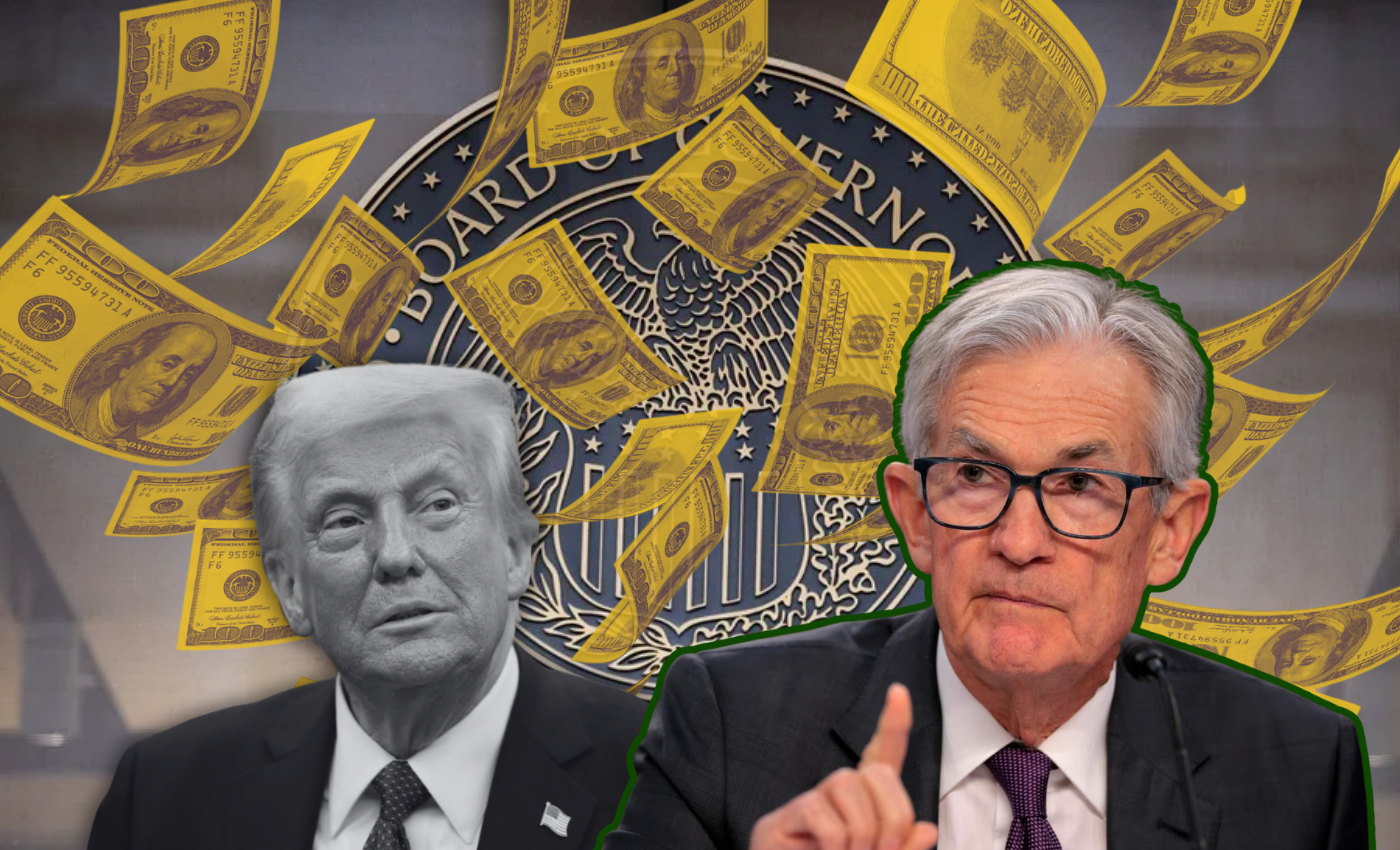The dollar continues to weaken in Colombia awaiting the Federal Reserve's decision.

The dollar opened the day in Colombia at 3,866.86 pesos, a drop of 15.66 pesos against the Representative Market Rate (TRM) of 3,881.92 pesos. The decline comes amid global anticipation of the monetary policy decision to be announced this Wednesday by the United States Federal Reserve (Fed).
The market recorded a minimum price of 3,860 pesos and a maximum of 3,884 pesos in the first operations and an average of 3,866 pesos. This price level has not been seen since June 2022.
Experts point out that the weakening of the dollar in Colombia is occurring in parallel with the international trend.
According to Bloomberg, the dollar has seen marked weakness against major currencies so far this week, a move that analysts attribute primarily to investor positioning rather than negative macroeconomic data.
In Latin America, BBVA analysts had already warned that markets could face corrections if profit-taking occurs during the day ahead of the Federal Reserve's monetary policy meeting, at which a 25-basis-point cut is expected.
This situation was already evident in currencies on Wednesday: the Colombian peso rose slightly, while the Brazilian real, Argentine peso, Mexican peso, and Chilean peso all posted losses.
BBVA FX Strategy analysts warn that, although the technical configuration shows signs of overextension , no clear factors have yet been identified that could reverse this trend.

Donald Trump Jerome Powell United States Federal Reserve Photo: International
Investors are focusing their attention on Fed Chairman Jerome Powell's press conference, where he is expected to confirm a 25 basis point rate cut. Markets are also pricing in a cumulative rate cut of 68 basis points by the end of 2025 , and that the figure could reach 147 basis points by 2026.
Market analysts expect Powell to maintain a balanced tone, warning of downside risks to growth and employment, but without committing to a prolonged path of cuts. According to Thierry Wizman, global strategist at Macquarie Group, a more aggressive message could "temporarily boost the dollar, hurt gold, and trigger adjustments in the technology market ."
Paul Mackel, HSBC's global head of foreign exchange research, agreed that the impact of a potential Fed tightening would be temporary, given that doubts persist about the speed and scope of the tapering cycle.
More newseltiempo





